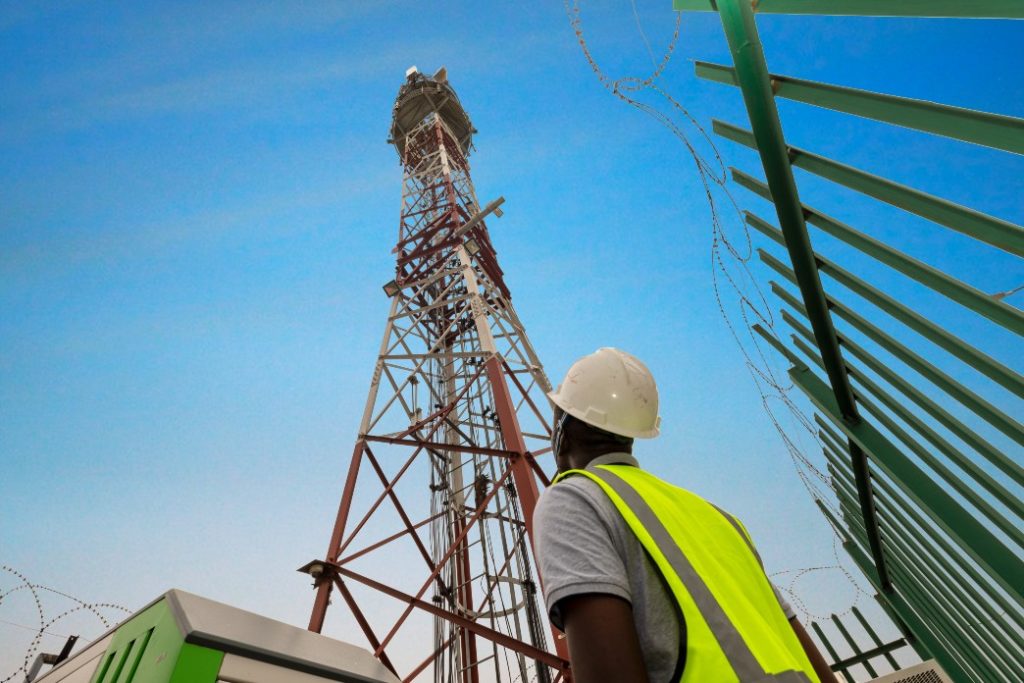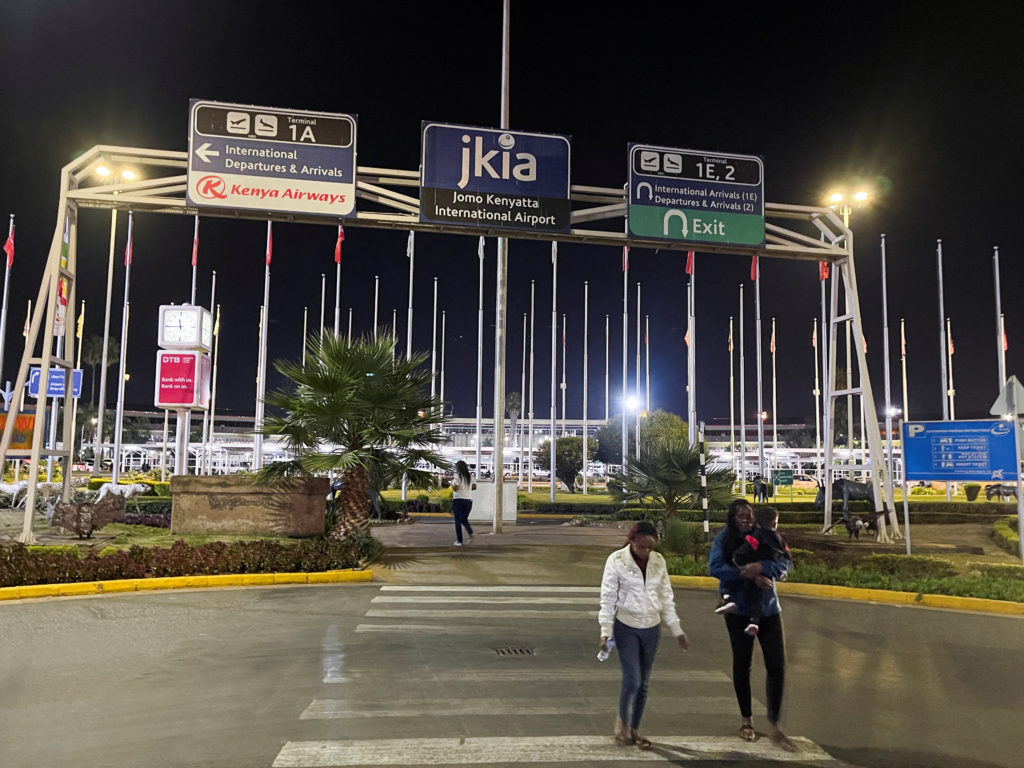This article was contributed to TechCabal by Conrad Onyango/bird
Africa is being hit hard by climate change but has huge potential to minimise the impact and in some instances even triple a return on investment by embracing climate change adaptation, according to a report by the World Bank.
Three African countries could more than triple returns on investments in climate-smart infrastructure and create thousands of job opportunities, thanks to the continent’s fast-growing, youthful population, according to a new report.
South Africa, Kenya and Ethiopia have the potential to rake in billions of dollars from investments in more compact, clean and connected cities, the report from the World Bank, published on October 6, says.
“In a region where much of the infrastructure, cities, and transportation systems are yet to be built, investments in climate-smart infrastructure can help cities create jobs,” the World Bank reported in its latest edition of Pulse Africa.
With 60 percent of its population under 25, Africa already has the world’s youngest population and by 2050 the United Nations projects the continent’s total population will reach 2.5 billion.
While the report acknowledges Africa has been hit hard by climate change, it notes that there is huge investment potential in climate change adaptation. The report points to opportunities in the decarbonisation of the grid, with renewable energy, nature-based urban infrastructure and scale-up of climate-smart agriculture as well as modernisation of food systems offering incredible returns as well as massive labour opportunities.
“Financing climate change adaptation in Sub-Saharan Africa is essential, and policies to mobilize resources are critical to create more, better, and sustainable jobs,” says the report.
The development financier says a 215 billion dollar investment in South African cities would return the biggest benefits for an investment of this kind in Africa, with a return valued at 700 billion dollars.
More jobs to be created
About 120,000 jobs would consequently be created for youths in the Southern African country by 2050.
A 42 billion dollar investment in Ethiopia would return benefits worth 240 billion dollars, while an investment of 27 billion dollars in Kenya could potentially return 140 billion dollars, the report said.
An average of 210,000 net new jobs would be created in Ethiopia, with Kenyan youths gaining from 98,000 employment opportunities, in the investment scenario painted by the report.
The World Bank says urban policies that are climate-sensitive could help local governments leverage their limited public finance with private sector investment to tap into these huge benefits.
Adoption of such policies would also help African countries address some of the pressing challenges, including pollution, floods, extreme heat and energy access.
“For instance, energy-efficient retrofits of buildings, low-carbon municipal waste and water, and green urban transport can deliver benefits to cities in the short and medium-term,” says the report.
It also highlights Africa’s unique context of low baseline development, preexisting climate vulnerabilities, limited energy access, and high reliance on climate-sensitive sectors.
While the report says this context poses challenges, it is also providing opportunities for policymakers in the continent to transform the economy and create more sustainable jobs.
“They need to mobilize resources both domestically and internationally to deliver new jobs that are greener—and in the vicinity of existing products—and foster the manufacturing of more green products in the medium term,” explained the report.


















